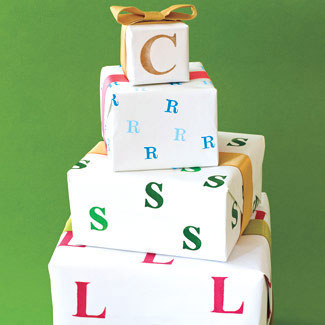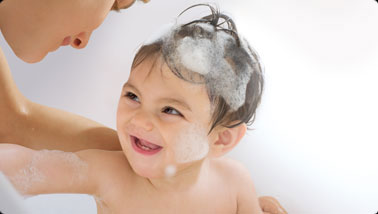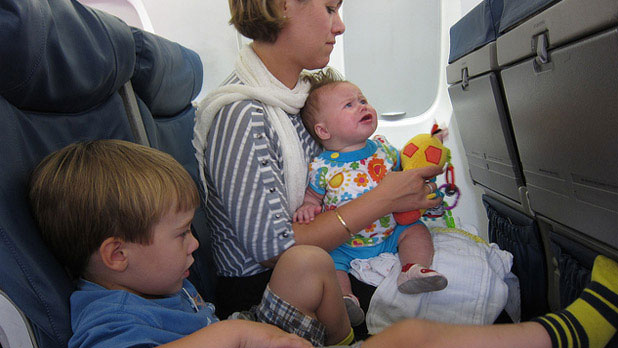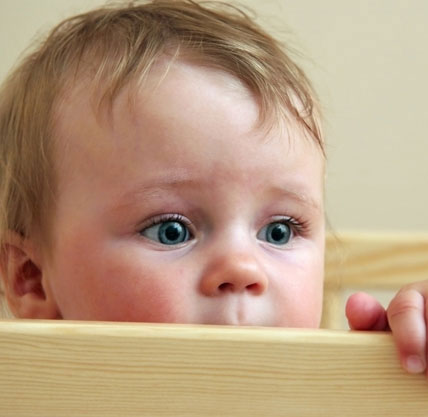Premature or preterm babies are more fussy as compared to the normal babies. Read on to find tips for taking care of the premature or preterm babies.It is perfectly normal for all babies to cry. Some infants cry more than others when they are uncomfortable, bored, or frightened. Babies also cry to seek attention whenever they need a diaper change or when they are hungry. Crying is one of the ways of infants communicating with those around them. In this articleWhat Does Crying in Premature Babies Indicate?Cause of Crying in Premature BabiesWhat to Do in Case of Unusual Crying in Premature Babies?Premature Babies Needing Medical CareChoosing Babysitters for Premature BabyWhat Does Crying in Premature Babies Indicate?Crying must never be considered as an indicator of parenting abilities. However, constant crying for no apparent reason can be really frustrating for parents. Research has indicated that preterm babies tend to be fussy and cry more often as compared to full term babies. Sometimes despite the best efforts of parents to soothe the baby by feeding her, changing her diaper, singing or swaddling the baby may continue to cry. Cause of Crying in Premature BabiesPremature babies have irregular eating and sleeping habits which can be one of the reasons for their being cranky and fussy. Premature babies who are kept in the intensive neonatal unit initially often have trouble adjusting to their home environment.In case you are concerned about a fussy and crying premature baby, stay assured you are not alone. The initial few weeks can be a little challenging and your baby will outgrow this tough phase in no time. What to Do in Case of Unusual Crying in Premature Babies? Usually by the time an infant is four weeks old parents will be in a position to identify how much crying is normal. In case the baby cries for longer than the usual time and does not stop crying despite efforts of parents to soothe her, help must be sought to rule out any medical reason for the infants unusual behaviour.Before consulting a health care provider regarding a premature babys crying and fussiness here are a few things parents can do:Rule out the possibility of the infant being hungry.Ensure that the babys diaper is clean and dry.Check for signs of illness like pain in the ear, gums or fever.Rock the baby. Make use of a music system or radio to play soft music.Sing or talk to the baby in a soft tone.Give the infant a toy to play with or offer her a pacifier.Hold the baby close to the body and keep talking to her in a low tone.Swaddle the baby snugly in a blanket.Premature Babies Needing Medical CareParents of babies who need special care like medical equipments or medicines often overlook the emotional needs of the infant. This is bound to happen since most of the parents time will be taken up in providing medical assistance to the infant. Such infants crave for attention and can become very fussy. Hence, in addition to medical help parents must also provide emotional support to the infant by talking to her, singing or rocking her often. Parents can take turns and make time to just hold, play with, and stroke the baby. The body contact and soothing voice of parents can be a great emotional booster which can be used effectively to handle excessive crying and fussing in premature babies needing medical assistance. Choosing Babysitters for Premature BabyIn case you have a premature baby who cries a lot or is often fussy you must choose your babysitter carefully. It is best if the parents themselves look after the infant to begin with. Alternatively, the parents and the babysitter together can take care of the infant. In case if it is not possible to take care of the infant personally and the infant has to be left alone with a baby care provider, parents must ensure to hire a babysitter who has at least 5-10 years of experience in handling small babies. The care provider must be mature enough and have the patience to handle a crying or fussy premature child.
Premature or preterm babies are more fussy as compared to the normal babies. Read on to find tips for taking care of the premature or preterm babies.It is perfectly normal for all babies to cry. Some infants cry more than others when they are uncomfortable, bored, or frightened. Babies also cry to seek attention whenever they need a diaper change or when they are hungry. Crying is one of the ways of infants communicating with those around them.
What Does Crying in Premature Babies Indicate?
Crying must never be considered as an indicator of
parenting abilities. However, constant crying for no apparent reason can be really frustrating for parents. Research has indicated that preterm babies tend to be fussy and cry more often as compared to full term babies. Sometimes despite the best efforts of parents to soothe the baby by feeding her, changing her diaper, singing or swaddling the baby may continue to cry.
Cause of Crying in Premature Babies
Premature babies have irregular eating and sleeping habits which can be one of the reasons for their being cranky and fussy.
Premature babies who are kept in the intensive neonatal unit initially often have trouble adjusting to their home environment.In case you are concerned about a fussy and
crying premature baby, stay assured you are not alone. The initial few weeks can be a little challenging and your baby will outgrow this tough phase in no time.
What to Do in Case of Unusual Crying in Premature Babies?
Usually by the time an infant is four weeks old parents will be in a position to identify how much crying is normal. In case the baby cries for longer than the usual time and does not stop crying despite efforts of parents to soothe her, help must be sought to rule out any medical reason for the infant's unusual behaviour.Before consulting a health care provider regarding a premature baby's crying and fussiness here are a few things parents can do:
- Rule out the possibility of the infant being hungry.
- Ensure that the baby's diaper is clean and dry.
- Check for signs of illness like pain in the ear, gums or fever.
- Rock the baby. Make use of a music system or radio to play soft music.
- Sing or talk to the baby in a soft tone.
- Give the infant a toy to play with or offer her a pacifier.
- Hold the baby close to the body and keep talking to her in a low tone.
- Swaddle the baby snugly in a blanket.
Premature Babies Needing Medical Care
Parents of babies who need special care like medical equipments or medicines often overlook the emotional needs of the infant. This is bound to happen since most of the parent's time will be taken up in providing medical assistance to the infant. Such infants crave for attention and can become very fussy.
Hence, in addition to medical help parents must also provide emotional support to the infant by talking to her, singing or rocking her often. Parents can take turns and make time to just hold, play with, and stroke the baby. The body contact and soothing voice of parents can be a great emotional booster which can be used effectively to handle excessive crying and fussing in premature babies needing medical assistance.
Choosing Babysitters for Premature Baby
In case you have a premature baby who cries a lot or is often fussy you must choose your
babysitter carefully. It is best if the parents themselves look after the infant to begin with. Alternatively, the parents and the babysitter together can take care of the infant. In case if it is not possible to take care of the infant personally and the infant has to be left alone with a baby care provider, parents must ensure to hire a babysitter who has at least 5-10 years of experience in handling small babies. The care provider must be mature enough and have the patience to handle a crying or fussy premature child.
































